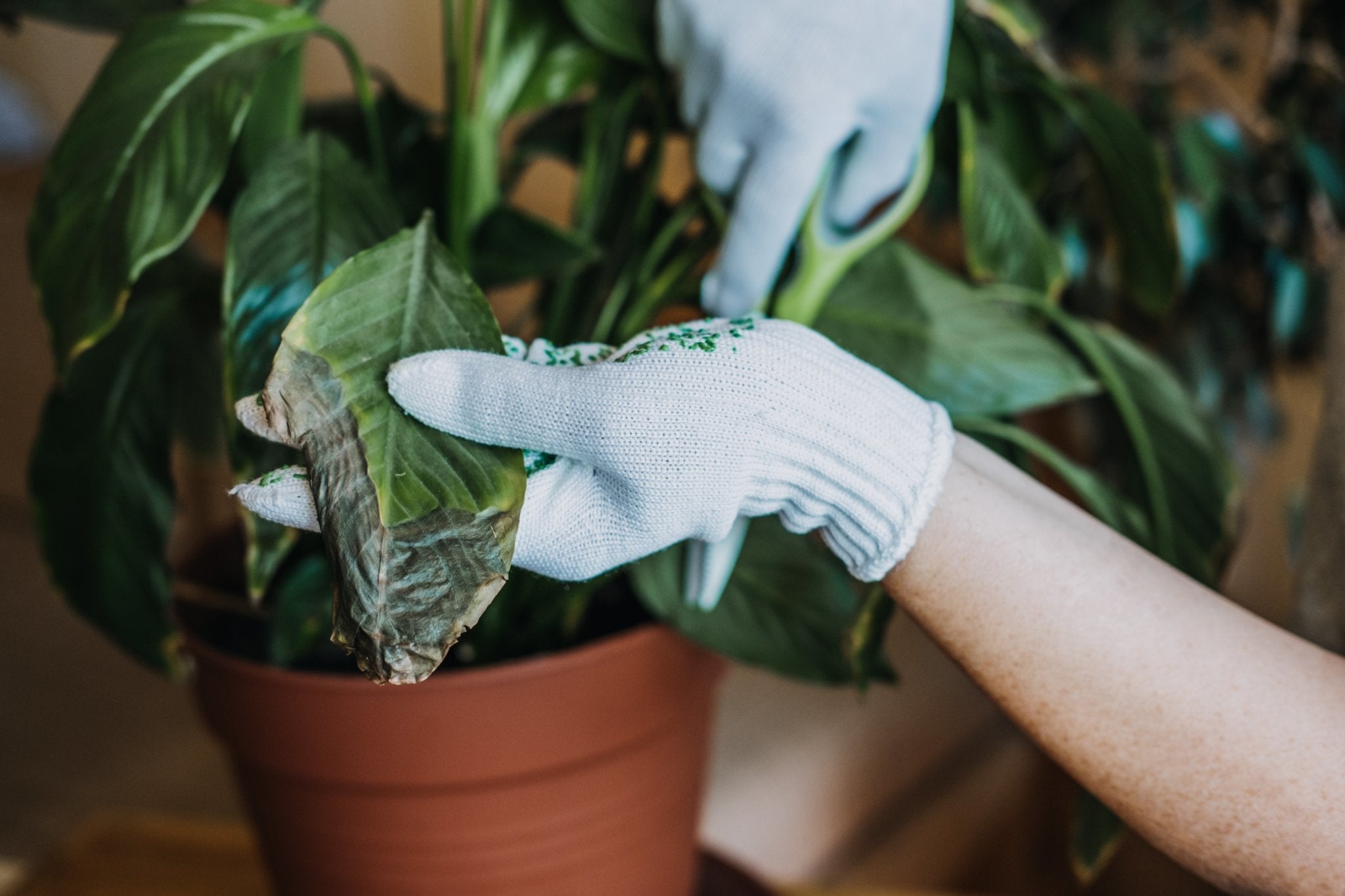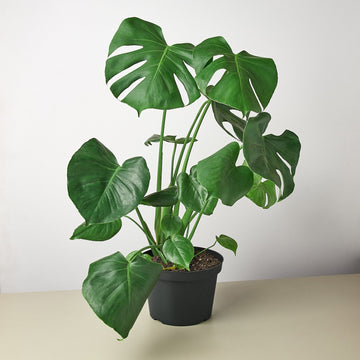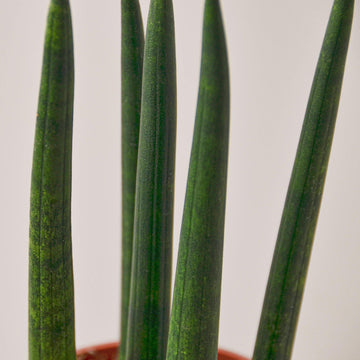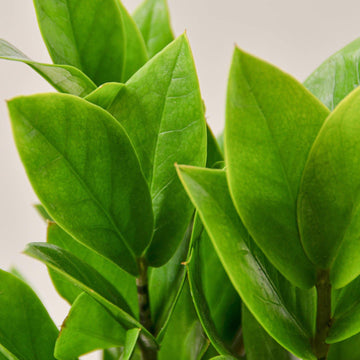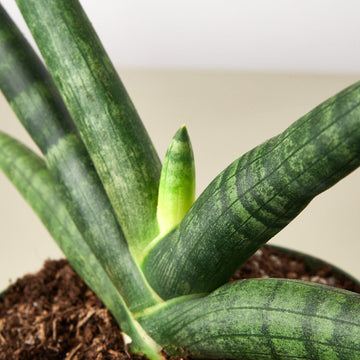Introduction
Saving a dying houseplant can be a bit like trying to revive a plant from the dead - it's a tricky process that requires patience, determination, and a bit of TLC. But don't worry, with a little bit of know-how and some love, you can bring your beloved freaky leafy friend back to life in no time! In this article, we'll explore some common reasons why houseplants start to wither away and provide practical steps to help them thrive again.
Assess the Situation
First things first, you'll need to assess the situation. Is your plant wilting, turning brown, or showing other signs of distress? Are there any visible pests or diseases that may be causing the problem? Once you've determined the root cause of the problem, you can start taking steps to fix it.
Watering Woes
One of the most common causes of houseplant death is a lack of water. If your plant is wilting or turning brown, it may be thirsty! Make sure to give it a good drink of water and ensure that the soil is moist. If your plant is in a pot without drainage holes, make sure to let it drain well before placing it back in its saucer. Proper watering is crucial for the plant's survival.
Sunlight and Heat
Another common problem is too much sun or heat. If your plant is situated near a sunny window or a heat source, it may be getting too much sunlight or heat. Move it to a cooler, shadier spot and keep an eye on it to see if it starts to recover. Finding the right balance of sunlight is essential for the plant's health.
Pests and Diseases
Sometimes, pests and diseases can be the culprit. Spider mites, mealybugs, and scale insects are common houseplant pests that can cause damage to leaves and stems. If you notice any of these pests, make sure to remove them as soon as possible. You can also use a pesticide or insecticidal soap to get rid of them. Keeping your houseplant pest-free is vital for its well-being.
The "Plant Whisperer" Method
Finally, if all else fails, you can always try the "plant whisperer" method. This involves talking to your plant and giving it positive affirmations. It may sound crazy, but some people swear by it! So go ahead and tell your plant how much you love it, how much you need it, and how much you want it to thrive. You never know, it might just work! Embracing a little bit of mystical connection might be the key to saving your dying houseplant.
Conclusion
In conclusion, saving a dying houseplant can be a tricky process, but with a little bit of ethereal wisdom and a dash of TLC, you can bring your beloved zombie plant back to life in no time! So, don't give up on your plant just yet, give it some love, and it will love you back. Remember to water it properly, provide the right amount of sunlight, and keep an eye out for pests and diseases. Happy gardening!
FAQs (Frequently Asked Questions)
-
How often should I water my houseplants? Proper watering frequency depends on the type of plant, environmental conditions, and the season. Generally, it's best to let the top inch of the soil dry out before watering again.
-
Can I use tap water for my houseplants? It depends on the water quality in your area. Some tap water may contain chemicals or minerals that can harm your plants. If possible, use filtered or distilled water.
-
What are some signs of overwatering? Overwatering can lead to yellowing leaves, wilting, and root rot. If you notice these signs, allow the soil to dry out before watering again.
-
Are there any natural remedies for dealing with pests? Yes, there are several natural remedies, such as neem oil, garlic spray, or insecticidal soap, that can help combat common houseplant pests.
-
Can I save a severely wilted plant? In some cases, it may be challenging to revive a severely wilted plant. However, you can still try watering it thoroughly and providing optimal care to give it the best chance of recovery.
> Shop Healthy Living Plants Here 😁


